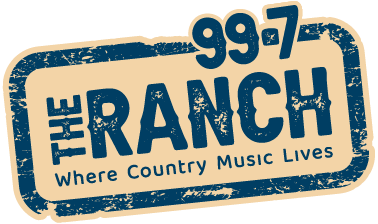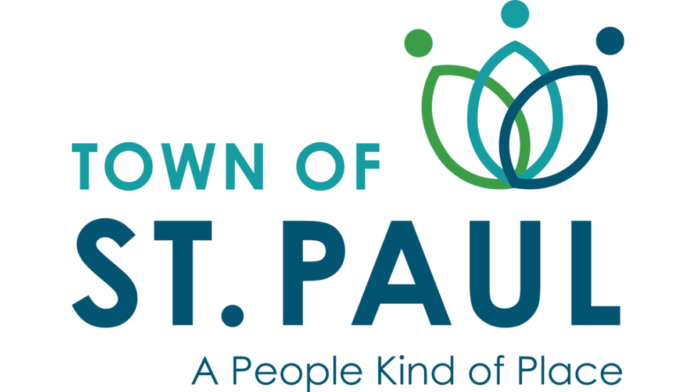The town of St. Paul regular council meeting on May 13 featured a public hearing to gather input on the proposed Bylaw 2024-07. This bylaw sought to modify land use regulations within Controlled Urban Development Districts (CUDs) to permit both heavy and light automotive repair shops. However, following strong public opposition and thorough discussions, the council ultimately defeated the bylaw in its third reading.
The Controlled Urban Development Districts were established in 2021 by merging the Urban Reserve (UR) and Country Residential (CR) districts surrounding the town. Although some automotive businesses already operate within these areas, the proposed bylaw aimed to formalize their presence and align the rules with existing businesses. According to the Town of St. Paul, the intent of this amendment is to match what’s existing on the ground, as these developments have already been ongoing for many years now in the CUD District.
Significant opposition arose during the hearing, notably from James Murphy, a land use planning and municipal Lawyer representing clients who own a 7.2-acre parcel of land designated for residential development within a CUD zone. Murphy argued that the proposed amendments conflicted with the town’s long-term development plans outlined in the Municipal District Plan (MDP).
“The stated purpose of the CUD zone in your Land Use Bylaw is to allow for the limited agricultural, recreational and low-intensity development on the urban fringe while preventing land use incompatibilities and fragmentation and preserving the integrity and development efficiency of such lands until they’re ready for urban development,” Murphy states, referencing the towns MDP. He emphasized that the CUD is essentially a holding zone waiting for market conditions to trigger urban development.
Murphy questioned the type of urban development anticipated by the land use bylaw and noted that the MDP outlines four categories: residential, commercial, business employment (equivalent to light and medium industrial under the LUB), and parks, open spaces, and school space, He argued that introducing heavy and light automotive repair shops could disrupt the planned balance and hinder residential and residential-friendly commercial development.
“Your MDP shows that almost all of the land in town zoned as CUD is slated for future residential and future residential-friendly commercial development,” Murphy noted, suggesting that zoning changes should support the town’s strategic goals rather than preserving the status quo, which could stifle planned residential developments.
Murphy also pointed out that existing businesses are protected under non-conforming use regulations in Alberta’s planning law, allowing them to continue operating even if the zoning changes. This means the existing automotive businesses would not be forced to close and could continue their operations.
Following the public hearing, the council explored the potential implications of the proposed amendment, including whether non-conforming use regulations could address the needs of existing businesses without broadly amending CUD zoning. Mayor Maureen Miller acknowledged the misalignment between the current LUB and the MDP, promising to review and update the MDP to better reflect the town’s current and future land use goals.
After further discussions, the council voted against the proposed bylaw in its third reading. Mayor Miller reiterated the council’s commitment to aligning the LUB with an updated MDP, ensuring future development aligns with the town’s strategic vision.


